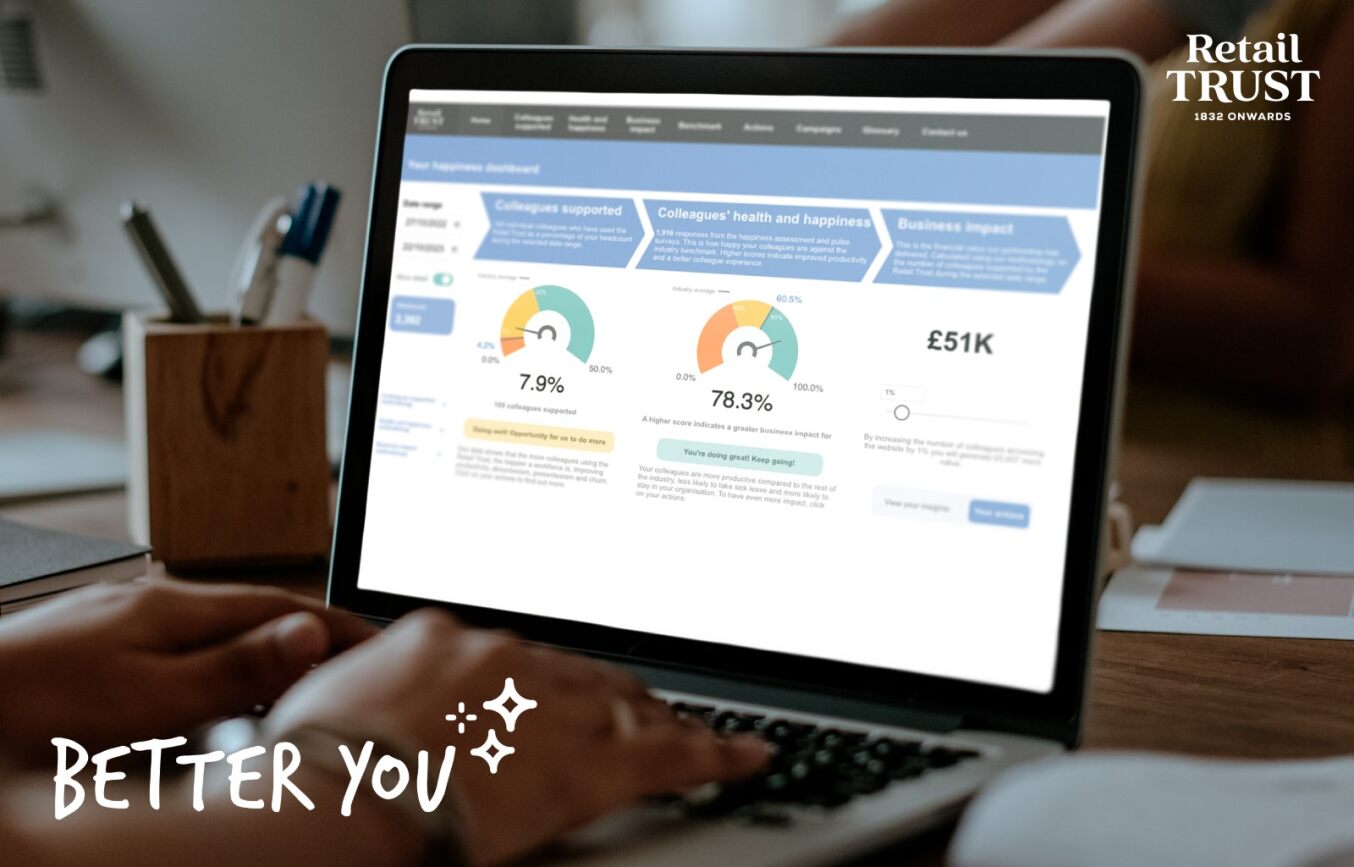Next and FatFace have helped build a new generative AI-powered dashboard designed to improve staff mental health.
The companies joined a handful of retail employers who partnered with charity the Retail Trust to deliver the new technology.
The dashboard allows retailers to track their workforce's wellbeing trends, which are then used to generate recommendations on how to improve engagement, reduce levels of absenteeism or presenteeism, and increase staff retention.
The platform also helps to identify patterns from employee interactions with Retail Trust services and wellbeing surveys to provide an overall picture of staff mental health and actionable insights, address specific issues like stress, financial worries or safety concerns at work, and provide the financial value of wellbeing strategies.
The Retail Trust said that employers can also monitor the effectiveness of initiatives to improve wellbeing in real-time and benchmark their performance against industry standards.
“One of the insights the platform helped us to identify was that our remote workers had lower scores around feeling anxious and having information shared openly with them," said Tracy Gilchrist, resourcing and retention lead at FatFace. "We found this useful as we were then directed to Retail Trust content that we were able to share with these colleagues, and it also meant we took time as a business to discuss how we communicate important messages so remote workers felt included.”
Andrew Jurd, head of retail HR at Next said that the technology had given it "actionable insights" into the wellbeing needs of its employees.
The move comes after research published by the Retail Trust last year found that staff absences were rising due to mental health issues. The report also revealed a rise in staff theft due to the cost-of-living crisis and an increase in the number of suicidal workers.
Heightened retail crime has also had an impact on the sector, with the charity's analysis demonstrating that incidents had left 66 per cent of retail workers feeling stressed or anxious about going into work.
Latest News
-
Ocado to cut 1,000 jobs in £150m overhaul
-
Asda to rebrand 10 Asda Living stores into Georg
-
Aldi raises wages to become 'highest' paying supermarket
-
On opens robot-run South Korea factory to speed shoe production
-
Ikea pilots in‑store Decathlon as first UK third‑party ‘blue box’ scheme
-
Lidl raises a further £481,000 worth of micro donations for Childline
Beyond Channels: Redefining retail with Unified Commerce
This Retail Systems fireside chat with Nikki Baird, Vice President, Strategy & Product at Aptos will explore how unified commerce strategies enable retailers to tear down these barriers and unlock new levels of operational agility and customer satisfaction.
The future of self-checkout: Building a system that works for consumers and retailers
In this webinar, industry leaders discussed what the future of self-checkout looks like and how retailers can make the technology work for everyone.
© 2024 Perspective Publishing Privacy & Cookies










Recent Stories